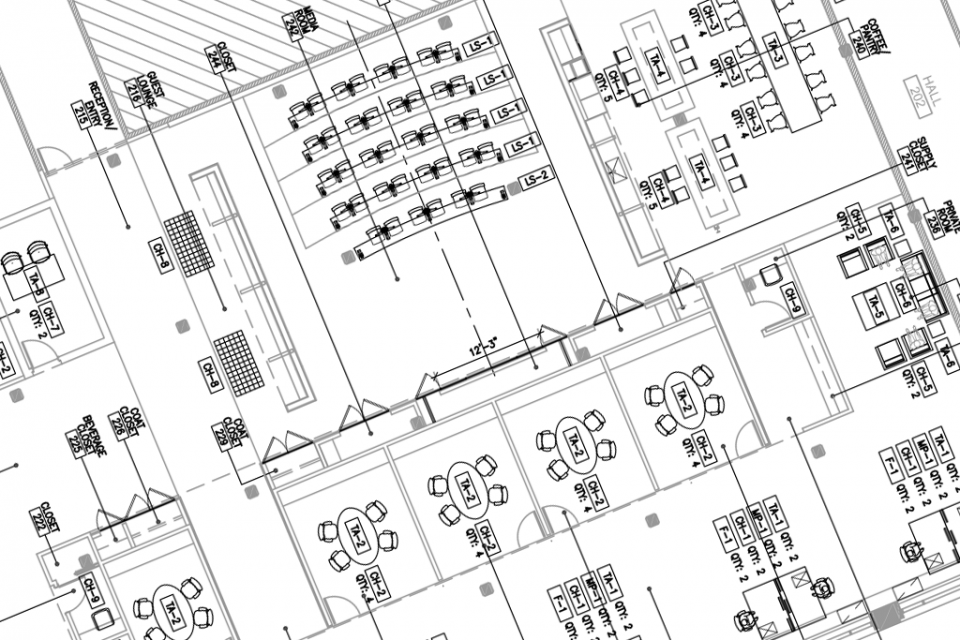

Before you START marketing your commercial property for lease, consider these keys to success.
Your lease contract should reflect the type of building and its use. If you have an office building, a full service lease is industry standard; if you own a free standing restaurant building, a triple net lease would be required. Multi-tenant retail or flex space could use a modified gross lease.Additionally, having an appropriate lease contract prepared before finding a tenant can remove weeks of down time in the negotiating process. A good lease contract both protects your liability and maximizes your return on investment.
You only get one chance to make a first impression. Consider cleaning, landscaping, carpet and paint as marketing costs. Once the space is presentable, hire a professional photographer to help make the space stand out. Think about using 360 degree cameras and drones to create a unique marketing statement. In a competitive market, making your property stand out above the competition is a necessary investment.
An accurate floor plan can help streamline the leasing process. A potential tenant will use floor plans and other measurements to determine if the space fits their requirements. Once that tenant chooses your space, floor plans will be used by vendors, contractors, and others as a basis for renovations, buildout and technology infrastructure. Accurate floor plans will also ensure that you are getting a precise measurement of the revenue and expenses per square foot for your investment.
A landlord/tenant relationship is a long term relationship, as commercial real estate leases are typically 3-5 years, often with options for extensions and renewals. Finding a tenant whose use for your building aligns with your investment goals is important. Additionally, you want to find a tenant that respects your property, operates with integrity and you enjoy doing business with. The right tenant is essential a successful real estate investment.
A commercial real estate broker adds value to your real estate investment in many ways beyond putting your property on a listing service. A broker knows the market and how to present your property to the right potential tenants. Brokers also add value by handling the lease negotiation and renewal processes, and through their contacts with contractors and vendors that provide services to your building. A broker relationship should be viewed not as a transaction handler, but as a long term business partner with a shared goal of achieving your real estate investment goals.